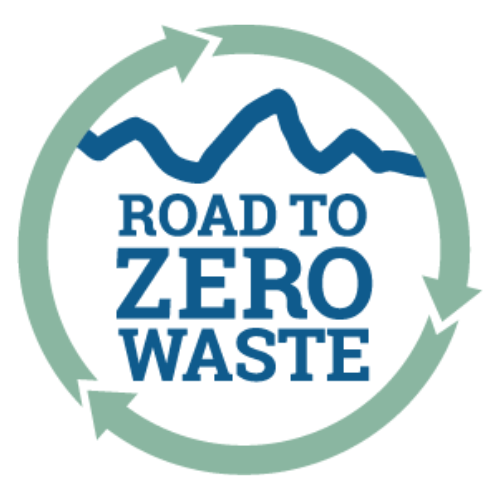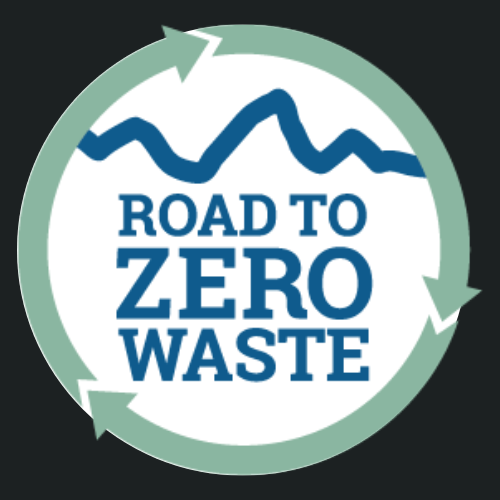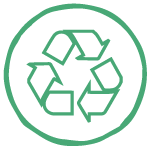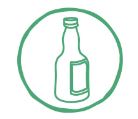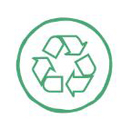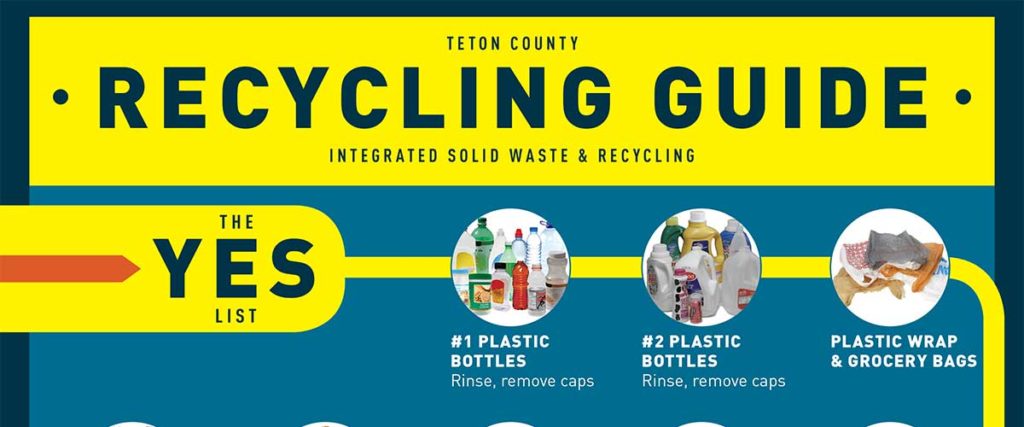The Teton County recycling program collects only materials that are truly able to be recycled/reused and for which viable markets exist. We operate a “source separated’’ collection system in which we require recyclers to separate items based on material type – as opposed to a ‘single source’ or ‘commingled’ collection system (common in larger communities) in which all materials go into one bin and are separated at a more sophisticated Materials Recovery Facility.
Teton County is currently expanding recycling and waste facilities which will help enable us to accept increased volumes and additional types of materials. As the county’s waste diversion program grows, additional modifications to simplify the current collection system may become viable.
♻️ What You Can Recycle at Community Drop-Off Sites (24/7)
At eight community bin sites throughout the county that are available 24 hours a day, seven days a week, you can recycle:
- Aluminum cans
- Glass bottles and jars (all colors can be mixed)
- #1 and #2 plastic bottles and jars
- Steel/tin food cans
- Aluminum foil and pie plates
- Newspapers
- Office paper
- Magazines and catalogs
- Phonebooks and paperback books
- Plastic bags, plastic wrap and bubble wrap (if they are stretchy like a grocery bag; we can now also take dark stretchy plastic like garbage bags!)
- Corrugated cardboard and brown paper bags
All recyclables must be clean, dry, and sorted by category. Dirty or mixed materials can contaminate the whole load and may end up in the landfill — so when in doubt, rinse it out and sort carefully.
Where are Community Recycling Drop-Off Sites located?
♻️ Additional Items Accepted at the Recycling Center (Office Hours Only)
The Recycling Center at Adams Canyon Road accepts many other materials during office hours only (Monday–Friday, 9 a.m. – 5 p.m.):
⚠️ Special-Handling Items – Accepted at the Recycling Center During Office Hours
These materials are never accepted in standard recycling bins but can be dropped off at the Recycling Center during office hours (9–5, Monday–Friday):
For questions or to check drop-off details, please call (307) 733-7678.
🚛 What Can Be Recycled at the Trash Transfer Station
Some of the bulkiest or most unusual items can still be recycled — just bring them to the Teton County Trash Transfer Station. The following are accepted for recycling or special handling:
- Scrap metal (Free)
- Yard waste
- Mattresses
- Tires
- Large appliances
- Certain construction and demolition materials, such as clean wood, concrete, rebar and more.
- Food waste, larger volumes, ideal for businesses or large-scale generators
Fees may apply depending on material type and volume. Sorting and separating materials ahead of time can help reduce your costs and ensure more items are diverted from the landfill.
🚫 What Not to Recycle
Even though it might seem recyclable, the following items are not accepted in our program due to contamination risk or lack of viable markets:
Paperboard products, like cereal, tissue boxes, milk cartons, juice boxes and soup cartons
Egg cartons, cardboard or foam
Plastic food containers, such as yogurt containers, lettuce and berry containers, food service packaging, even if marked #1 or #2
Plastics #3–#7
Containers with food residue or liquids
Cardboard contaminated with grease, oil, or other waste
Styrofoam, such as packing materials or packing ‘peanuts’
When in doubt, give us a call — we’re happy to help!
Let’s Keep It Clean and Keep It Going
Recycling is a community effort. Every clean can, sorted bin, and mindful decision helps reduce landfill waste and protect our beautiful corner of the world.
Still have questions?
LEARN MORE
